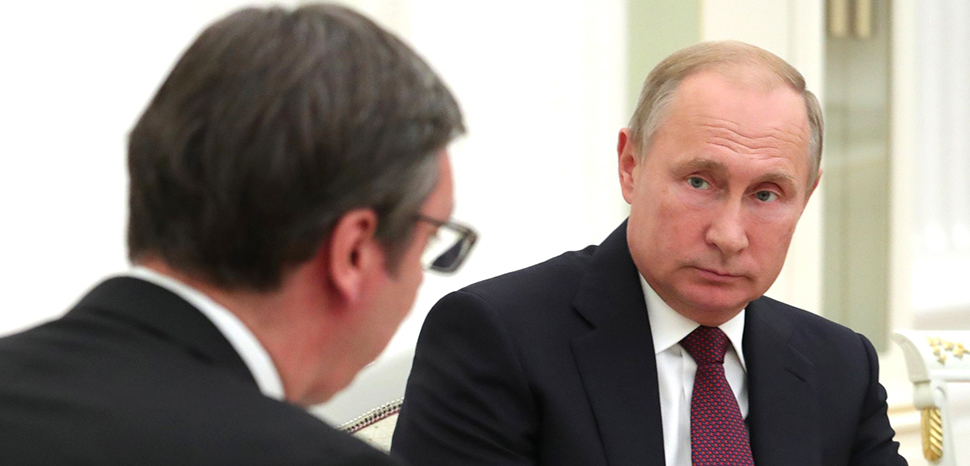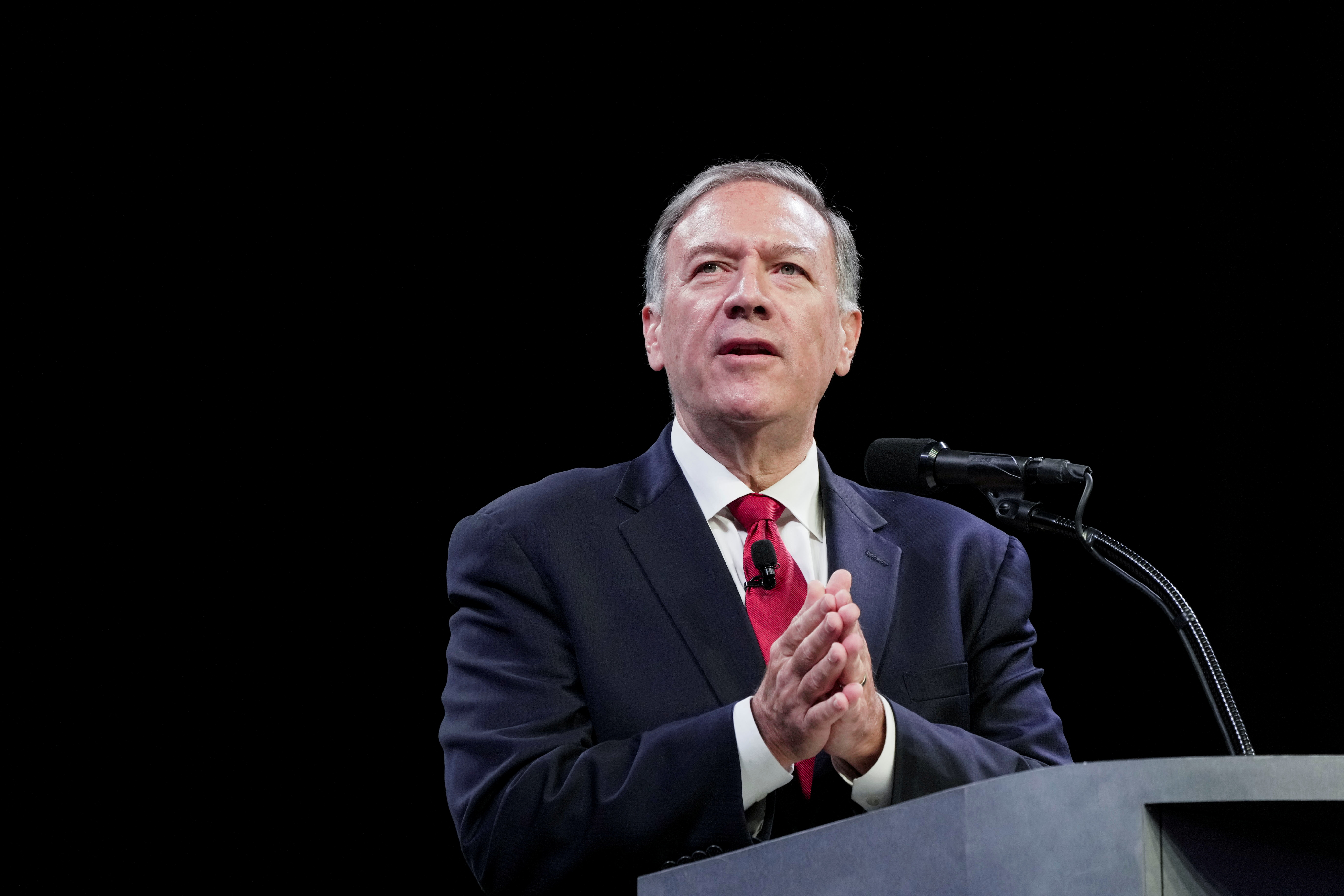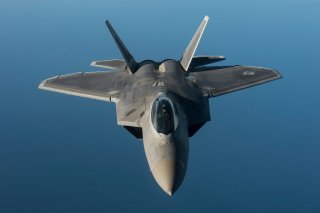Introduction
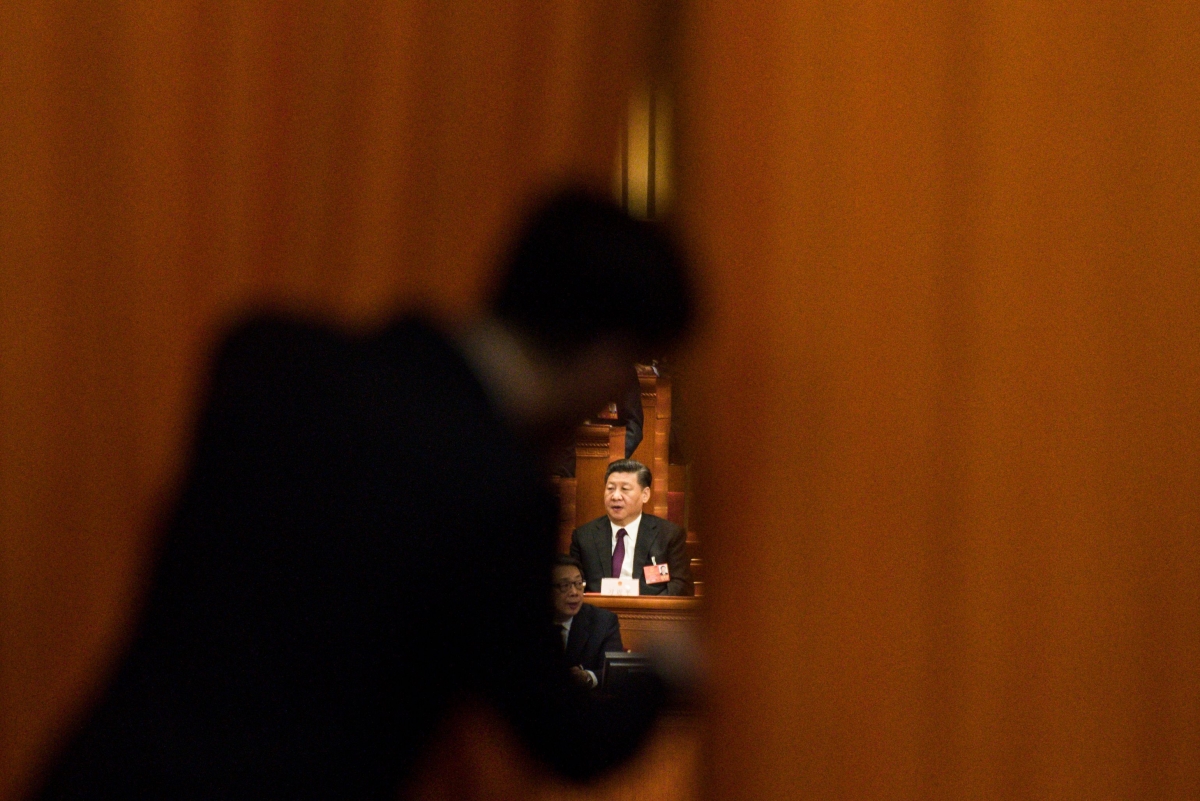 With preparations for this year’s 20th National Congress of the Chinese Communist Party (CCP) in full swing, the attention of full-time China watchers, China dabblers within the broader commentariat, and pundits is starting to focus on this most important of CCP conclaves, held every five years. The stage for high drama at the congress was set as early as March 2018, when Chinese President and CCP General Secretary Xi Jinping modified the Chinese state constitution to remove a restriction limiting the president to two five-year terms, clearing the way for Xi to remain in power for a third term, and possibly longer. Xi looked set to cruise to a major victory at the congress, having orchestrated a smooth celebration of the CCP’s 100th birthday in July 2021, followed a few months later, at the Sixth Plenum of the 19th Central Committee, by the passage of a hagiographic resolution on party history that aggrandized Xi’s standing in the party’s ideological hierarchy, putting him ever closer to Mao Zedong. However, several unexpected events—including Russia’s war of aggression in Ukraine; the emergence of the omicron variant of COVID-19 in China, which caused mass disruptions including a grinding lockdown in the financial capital of Shanghai; unremitting challenges from abroad in the form of deepening strategic competition with the United States; and a global economy bursting with inflationary pressures — have made the picture far more complex for China and for Xi.
With preparations for this year’s 20th National Congress of the Chinese Communist Party (CCP) in full swing, the attention of full-time China watchers, China dabblers within the broader commentariat, and pundits is starting to focus on this most important of CCP conclaves, held every five years. The stage for high drama at the congress was set as early as March 2018, when Chinese President and CCP General Secretary Xi Jinping modified the Chinese state constitution to remove a restriction limiting the president to two five-year terms, clearing the way for Xi to remain in power for a third term, and possibly longer. Xi looked set to cruise to a major victory at the congress, having orchestrated a smooth celebration of the CCP’s 100th birthday in July 2021, followed a few months later, at the Sixth Plenum of the 19th Central Committee, by the passage of a hagiographic resolution on party history that aggrandized Xi’s standing in the party’s ideological hierarchy, putting him ever closer to Mao Zedong. However, several unexpected events—including Russia’s war of aggression in Ukraine; the emergence of the omicron variant of COVID-19 in China, which caused mass disruptions including a grinding lockdown in the financial capital of Shanghai; unremitting challenges from abroad in the form of deepening strategic competition with the United States; and a global economy bursting with inflationary pressures — have made the picture far more complex for China and for Xi.

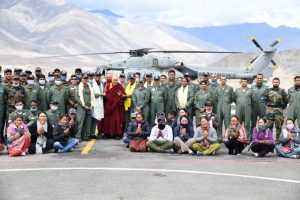



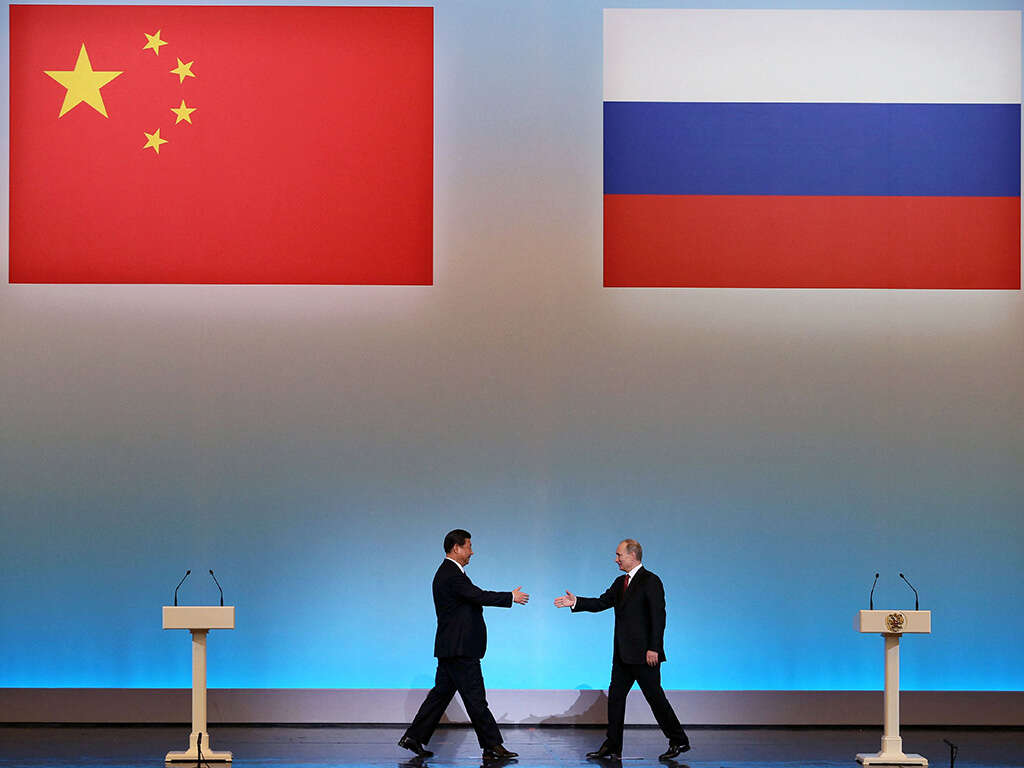

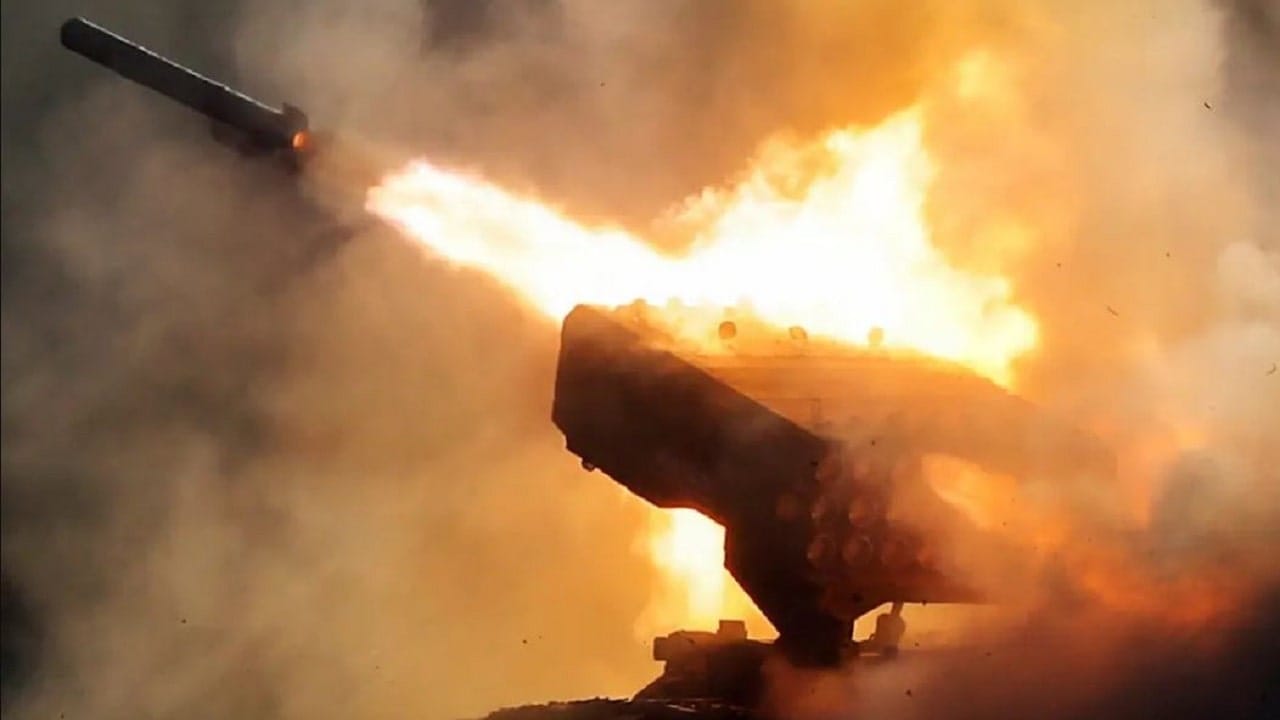
 T
T
